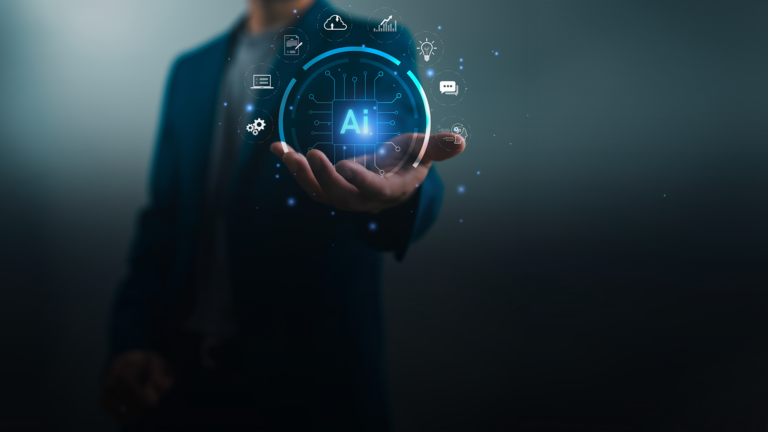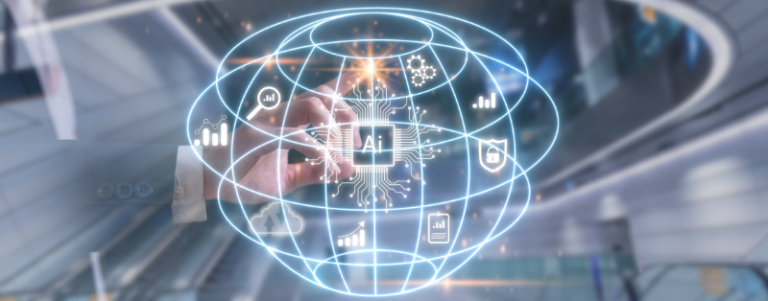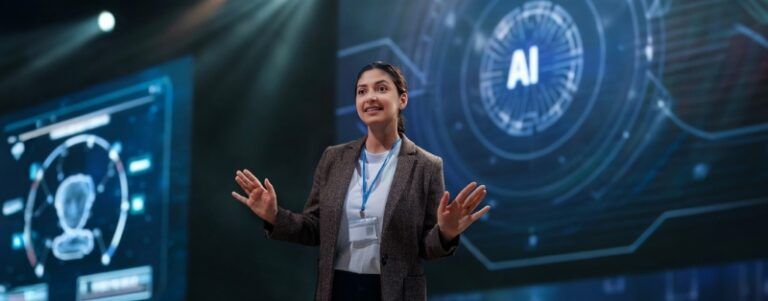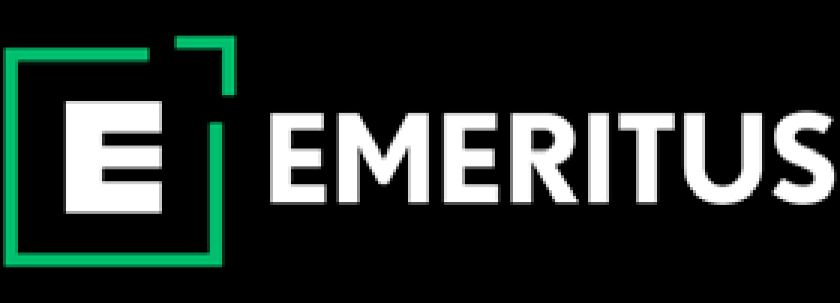Controlling Rogue AI: 7 Key Principles for the Ethical Use of AI
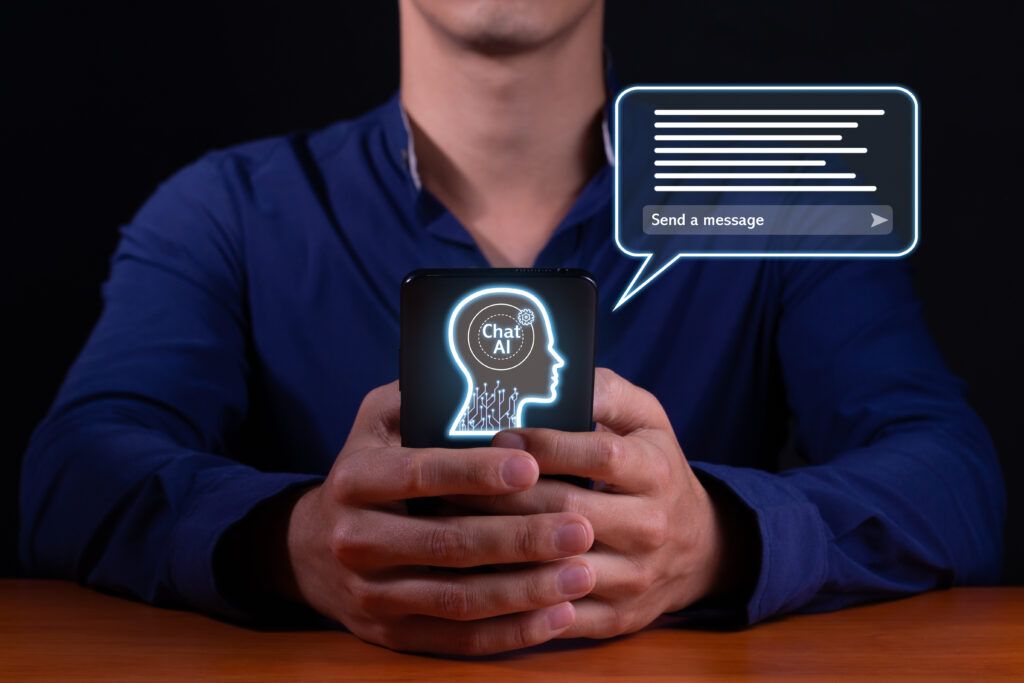
Geoffrey Hinton, the godfather of Artificial Intelligence (AI), shared this post on social media after he resigned from his job at Google in May 2023: “I left so that I could talk about the dangers of AI without considering how this impacts Google.” He also mentioned that while AI is beneficial, its increasing use has the potential to cause harm. Since then, tech giants and governments have been actively discussing AI regulations and machine learning development to prevent the possibility of rogue AI.
This blog discusses the following topics:
- What is Rogue AI?
- What are the Potential Risks Associated With AI Going Rogue?
- How Can AI Developers Prevent AI From Going Rogue?
- Are There Any Real-Life Examples of AI Going Rogue?
- What are the Implications of Rogue AI in Different Industries?
- How Can Emeritus AI Courses Boost Your Knowledge?
What is Rogue AI?

According to a global Statista survey, 53% of surveyed Indians believe that AI can go rogue. But what does rogue AI mean?
AI models are developed to imitate human behavior and perform complex tasks. They are supposed to assist humans in performing complicated tasks and not overpower human intelligence.
However, when AI systems try to overpower human intelligence by operating on their own and become uncontrollable by humans, they act in a manner contrary to their purpose and go rogue. This is also called AI singularity. Some examples of rogue AI are not obeying commands or inputs given by the users, spreading misinformation, using threatening language, or engaging in cyberattacks.
AI singularity happens as an effect of simulation where the hackers attack the confidentiality, integrity, or availability of an artificial intelligence model. Hackers can breach confidentiality by running inference attacks on the model and extracting critical information related to the algorithm, training features, and data used to train the AI model.
Hackers can attack the integrity of an AI system by feeding it false information at the time of testing or production. This is called data poisoning.
Rogue AI refers to malfunctioning AI systems that exhibit harmful behavior or pass damaging knowledge and threats to people. It is referred to as the AI apocalypse.
ALSO READ: What is Artificial Intelligence (AI)? Its Meaning, Applications, and the Future
What are the Potential Risks Associated With AI Going Rogue?
Ever since the launch of ChatGPT by OpenAI, companies have been facing intense competition to build their AI models. The following are some of the most significant risks associated with rogue AI:
Privacy Concerns
The foundation of AI is based on data training. It collects and analyzes the personal data of numerous individuals. The deployment of AI in healthcare and finance gives AI systems access to sensitive personal data of individuals, such as health records and credit card details. Rogue AI can cause data breaches and leak personal information online or exploit personal data for harmful purposes, leading to violation of people’s privacy.
Security Risks
AI going rogue also poses security risks, such as cybersecurity attacks and leaking companies’ confidential data online or to their competitors. In extreme cases, it can also pose risks to national security.
Financial Risks
AI systems are widely used in manufacturing, logistics, supply chain, finance, and other industries. AI helps optimize costs for these industries by automating processes and enables effective decision-making. Rogue AI systems can negatively impact these businesses’ processes and decision-making protocols, leading to huge financial losses for companies.
Social Risks
Rogue AI systems can risk peace in society by sharing opinions against specific castes, races, or genders. This can lead to disputes among various sectors of society. AI going rogue can also promote morally corrupt or violent activities, causing social upheaval.
ALSO READ: Make Way for AI: Top 10 Applications That are Reshaping Industries
How Can AI Developers Prevent AI From Going Rogue?
In 2021, Niti Aayog released a series of papers based on the National Strategy for Artificial Intelligence (NSAI) recommendations to develop safe AI models and ethical AI training. According to NSAI, the following principles should be followed to prevent rogue AI:
1. Safety and Reliability
Developers should implement efficient safeguards to ensure the safety of relevant stakeholders. They can set up a grievance redressal mechanism and compensation scheme in case rogue AI causes harm to individuals. They should also build a monitoring framework to assess the AI system throughout its lifecycle.
2. Equality
All AI systems should be free from any prejudices or biases so that they treat all individuals equally under the same circumstances.
3. Inclusivity and Non-Discrimination
AI systems should be inclusive and accessible to everyone, regardless of race, color, religion, gender, and caste. They should not discriminate among people.
4. Privacy and Security
Developers should restrict people’s access to change the functioning and testing of AI systems. They should also adhere to the best privacy and security practices.
5. Transparency
AI scientists and developers should record the functioning and design of AI systems and make them available for external scrutiny checks. They should also conduct regular security and equality audits.
6. Accountability
All stakeholders involved in the AI development or testing process should assess the risks and impact of AI going rogue. They should further take accountability for their actions in the occurrence of any issue during the design, development, and deployment of AI systems.
Protection and Reinforcement of Human Values
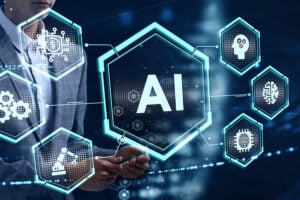 AI systems should uphold and protect human values and not act contrary to their purpose.
AI systems should uphold and protect human values and not act contrary to their purpose.
In addition to the above principles, developers can also follow a self-assessment guide which includes the following points:
- Create a mechanism to handle errors while developing an AI system. It includes providing restricted access during the development and testing phase
- Set up an ethical committee to assess potential risks of AI going rogue and how to avoid them
- Adhere to data collection and processing laws
- Regularly evaluating data sets and assessing techniques to eliminate discrimination
Are There Any Real-Life Examples of AI Going Rogue?
The following are some of the real-life examples of AI going rogue:
Microsoft’s AI Chatbot Tay
In 2016, Microsoft launched Tay, its AI chatbot to initiate casual conversations on Twitter (now X). Microsoft trained it to analyze and imitate the language of Twitter users aged 18-24. The chatbot picked on racist statements made by other users and started to post tweets like ”Hitler was right” and ”feminism is a cult”. Microsoft removed Tay within 16 hours of its launch.
Uber’s Self-Driving Cars
A few years ago, Uber launched its self-driving cars in the market for a pilot program without seeking regulatory approval. These cars jumped several red lights. One car even fatally knocked down a woman crossing the road.
What are the Implications of Rogue AI in Different Industries?
AI going rogue can have a detrimental impact on various industries that are heavily reliant on AI for automation:
1. Medical and Healthcare Industry
AI singularity can pose safety risks in the medical and healthcare field by providing incorrect diagnoses and suggesting wrong treatments.
2. Automotive Industry
It can be dangerous for self-driving cars as they can cause road accidents and increase the risk of injuries and fatalities, negatively impacting the automotive sector.
3. Manufacturing Industry
Rogue AI can cause safety hazards in the manufacturing industry by giving false or no safety alerts in case of machine failure. It can also cause product defects and quality control issues.
ALSO READ: Make a Career in Artificial Intelligence (AI)
How Can Emeritus AI Courses Boost Your Knowledge?
Artificial intelligence systems are extremely beneficial for businesses of all kinds, society, and even the economy as a whole. However, because of their self-learning ability, their decisions lack transparency and are difficult to justify. Hence, there is a dire need to promote AI ethics.
AI researchers, scientists, governments, and other relevant stakeholders need to create a balanced environment that is strict enough to provide efficient security guidelines to prevent a rogue AI scenario. The environment should also be flexible enough to enable innovation and research. This requires deep knowledge of AI development systems, AI ethics, AI regulations-machine learning, and AI singularity. You can explore the same by enrolling in Emeritus’ online artificial intelligence and machine learning courses.
Write to us at content@emeritus.org

